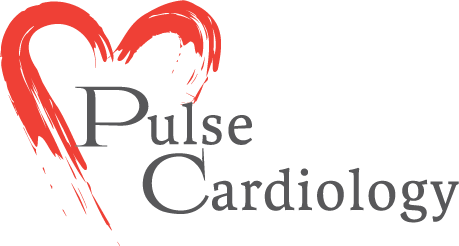Reasons to see a Cardiologist
We are usually told to go for our regular doctor’s checkups and at times, our family doctor might refer us to go a see a cardiologist. The moment we are told to consult a cardiologist, the first thought which comes to our mind is what is wrong with our heart. The truth is that it is not always “what is wrong with our heart” but at times, our general physician just wants us to have a regular heart checkup. Let us see what the reasons are when we are told to consult a cardiologist:-
Age of the Person
One of the common cases, when people are asked or referred to consult a cardiologist, is when they reach a certain age as old people are more prone to heart-related diseases. Therefore, it becomes necessary to have heart checkups done at regular intervals so that if there is any underlining disease, it can be caught in time and prevented from turning into a serious condition.

Family History
You might not be showing any symptoms of heart-related problems, but if you have family history of any cardiovascular diseases, it clearly implies that your parents, grandparents or siblings have been diagnosed with heart problems. For this reason, your family doctor will refer you to a cardiologist for regular consultations to avoid complications should they arise. It has been noticed that in most of such referred cases, thorough check up is usually needed and specific cardiology tests are done for early detection.
Risk Indicators
If a person suffers from high blood pressure, high cholesterol, diabetes or even overweight, then in all these cases a family doctor will ask you to consult a cardiologist as these factors usually lead to some kind of heart condition.
Pregnancy Conditions
It is very hard to detect heart conditions in women as they are usually mixed with other conditions that have similar symptoms. In pregnant women, a consult with a cardiologist is recommended for conditions like Pre-eclampsia. Preeclampsia is a pregnancy complication that is indicated by high blood pressure.
In cardiology, there are a number of tests that are conducted to review the health of your heart. Some of these cardiology tests are commonly known, such as:
- ECG or EKG (Electrocardiogram)
- Chest X-rays or MRI (Magnetic Resonance Imaging)
There are many tests not known to the general public, but with proper consultation with a cardiologist, they can best suggest tests as per each person’s conditions.
Click here to learn more about heart disease and its causes
Some of these tests can be non-invasive or invasive depending on the scale of the problem. For example, a Holter Monitor is described as a non-invasive test in which the person is required to wear a device to check activity or Echocardiogram or CT (Computerized Tomography) of the heart
On the other hand, Cardiac Catheterization and Angiogram are known as minimally invasive cardiology tests. Test like Transesophageal Echocardiogram (TEE) are invasive cardiology tests which requires the use of anesthesia.
Although medical science has advanced massively in the field of cardiology, the best way to maintain good health is leading a healthy lifestyle alongside a proper diet and exercise.
